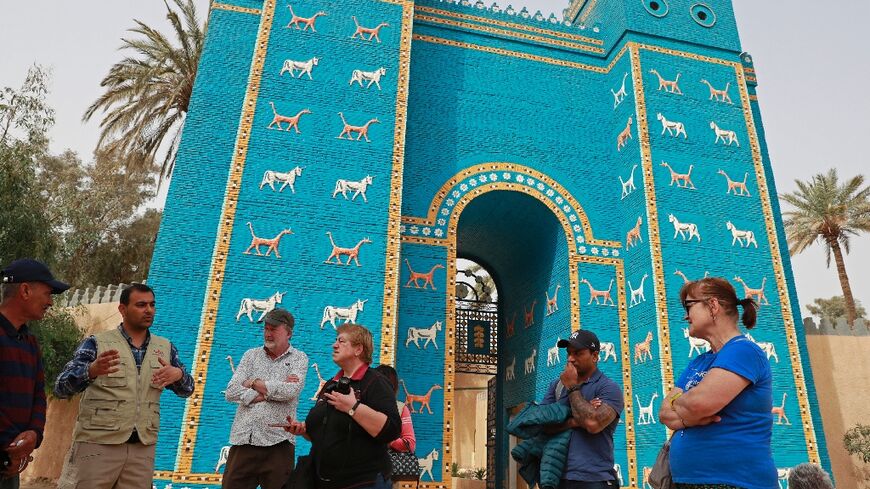An American tourist poses for a holiday snap in Iraq, in front of the blue-brick Ishtar Gate that was rebuilt at the ancient site of Babylon under dictator Saddam Hussein.
Most foreigners here since Saddam's ouster in a 2003 US-led invasion have worn army fatigues and carried guns -- but more recently there has been a trickle of camera-toting travel pioneers.
"Iraq was in my top three countries," said the visitor to Babylon, 50-year-old Californian Ileana Ovalle, who was excited to see the millennia-old Mesopotamian site.
"This is where civilisation started," said the passionate globetrotter with some 40 countries under her belt. "I think too few people understand how important this region is."
Most Western governments still issue travel warnings for all or parts of Iraq, pointing to risks from kidnappings to jihadist bombings and unexploded ordnance from multiple wars.
But for some explorers who are unafraid of the odd military roadblock, Iraq is a hot new destination with multiple World Heritage sites that is slowly reopening to the world.
Retirees and YouTubers, on package tours or lugging backpacks, are braving Iraq's still basic tourist infrastructure to visit ancient sites that rival those of Egypt, Syria and Jordan.
- Scary travel warnings -
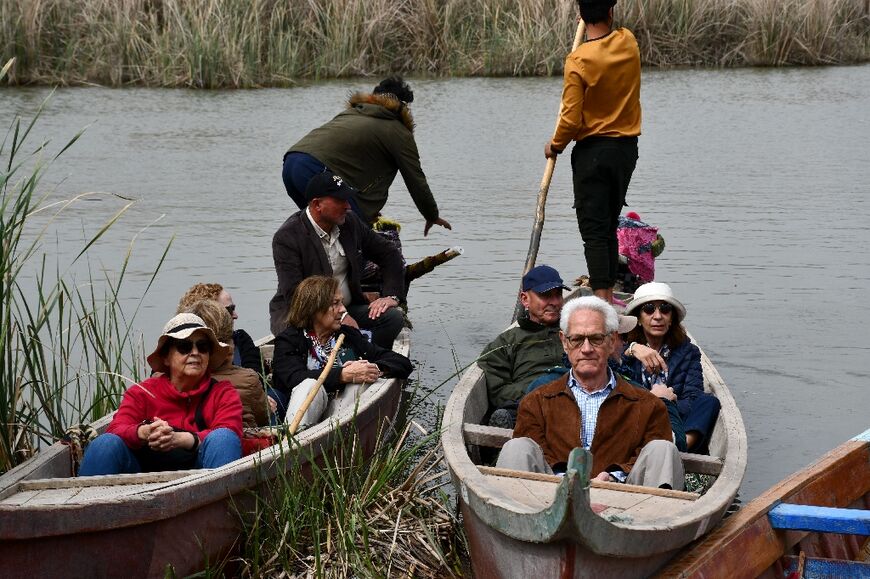
Whether in Baghdad or Mosul, the northern city that was a jihadist stronghold, they can be seen strolling through streets that still bear the scars of years of conflict.
Blogs and vlogs have proliferated with names such as "American in Baghdad, Iraq", "Two German guys alone in Iraq" and "Exploring Baghdad -- how dangerous is it?"
The tourist mini-boom has gained momentum since Iraq started granting visas on arrival for dozens of nationalities a year ago.
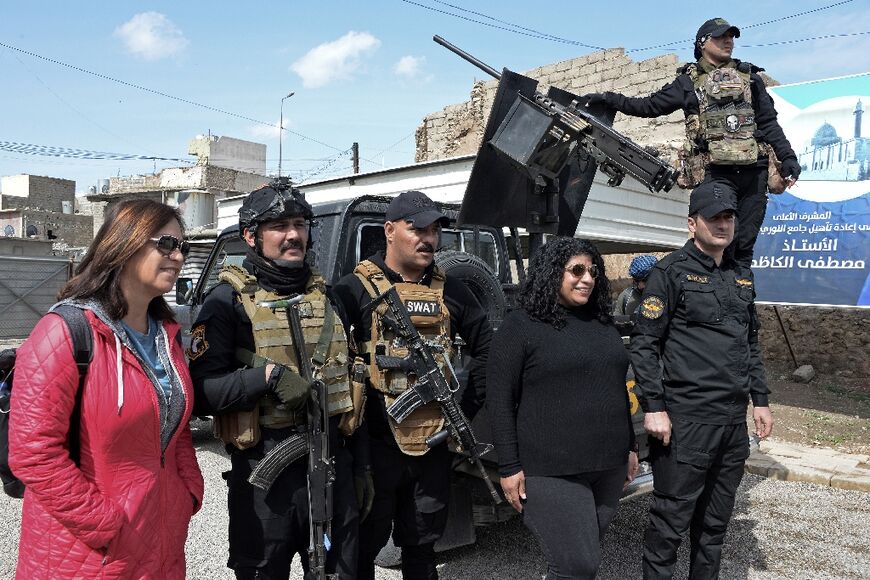
Ovalle, along with 14 other tourists, said she was happy to take part in a trip organised by a travel agency which offers cultural, sports and adventure trips.
"The first thing that I noticed is the warmth, the generosity and the kindness of the Iraqi people," she said. "They smile, they welcome you, they are very polite."
In Babylon, more than 4,000 years old, weeds grow among the old bricks and rubbish is strewn about. Not so long ago, a nearby base housed US and Polish coalition troops.
"I think everyone has hesitations, especially coming from the United States," said another visitor, 35-year-old New Yorker Justin Gonzales.
"If you go on our government website, they have a travel advisory saying: 'Do not travel to Iraq, it's dangerous, you can get kidnapped, there is often violence.'
"But I haven't seen any of that, and I don't think I will."
- 'Happy and generous' -
Last year, Iraq attracted 107,000 tourists including from Britain, France, the United States, Turkey and Norway. That was over three times more than the 30,000 in 2020, according to Tourism Authority data.
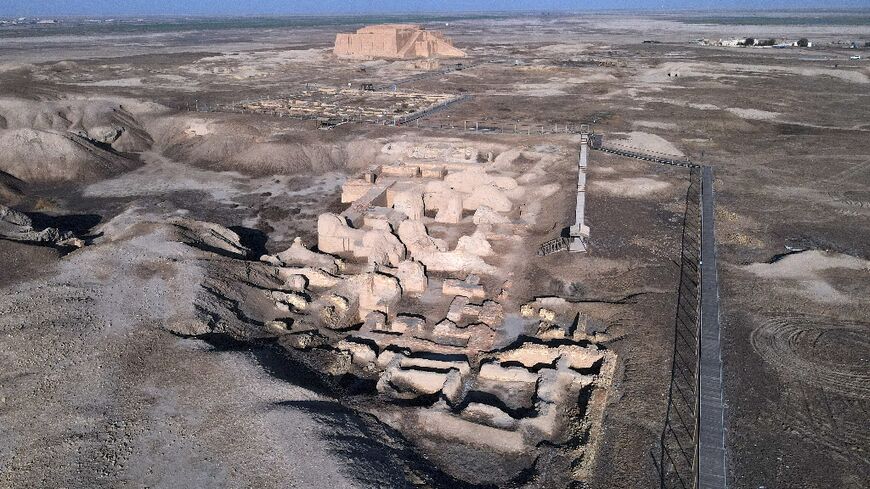
Apart from tourists, hundreds of thousands of religious pilgrims -- especially Shiite Muslims, mostly from Iran -- flock each year to the shrine cities of Karbala and Najaf, south of Baghdad.
Elsewhere in Iraq, however, "we need infrastructure, private investment to have hotels, buses", said the owner of the Bil Weekend agency, Ali al-Makhzoumi, who has 30 to 40 clients a month.
There has been progress.
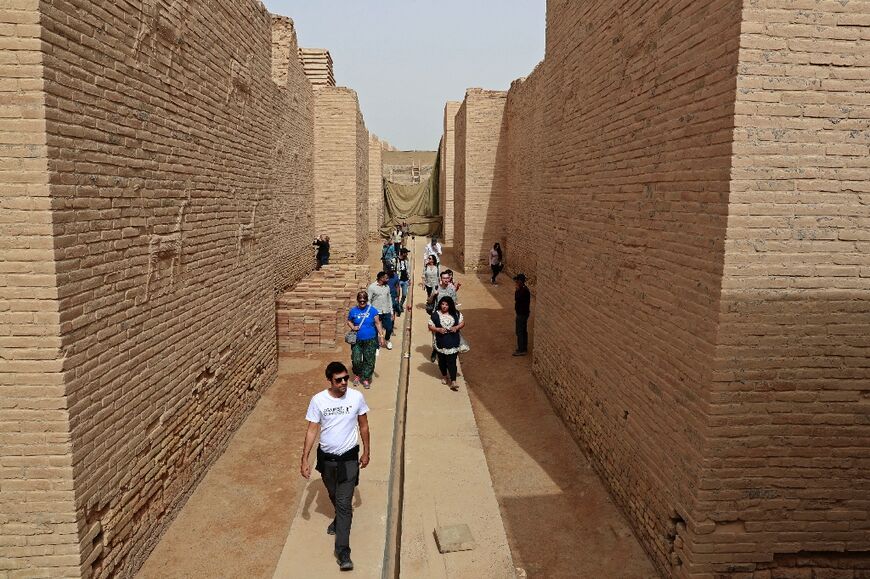
Baghdad's National Museum reopened earlier in March after three years of closure, and the city's famed booksellers' street Al-Mutanabi was given a facelift in December.
Ur, the birthplace of Abraham, is attracting more Westerners following a much-publicised Iraq visit by Pope Francis in 2021.
But industry trailblazers want to see more done -- among them Aya Salih, who runs the Safraty travel agency with her husband.
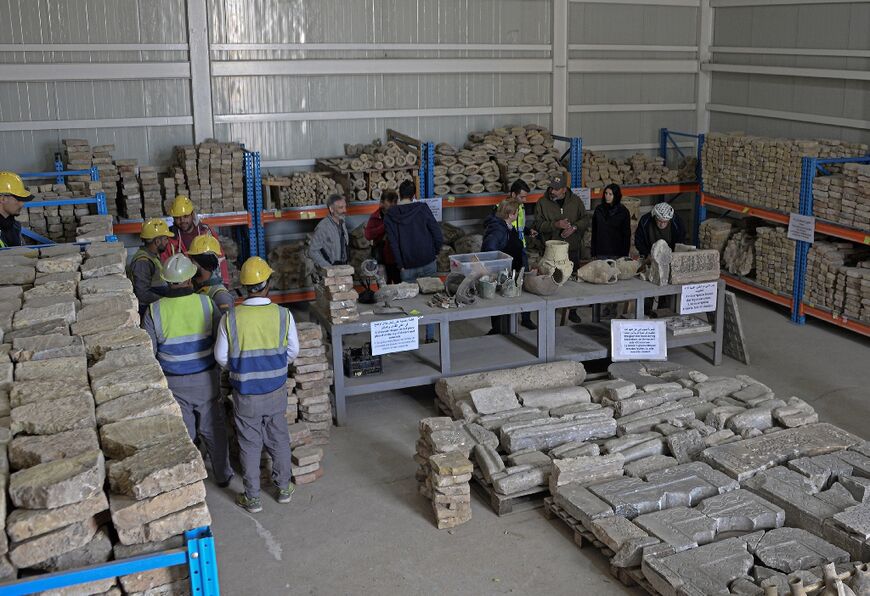
The government "has authorised visas on arrival, but everything else is still complicated," she said. "Half of the trip is wasted at roadblocks even though we have the necessary permits."
Some visitors love the more edgy, authentic travel experience.
"I like to go to places that are not so touristy yet," said Emma Witters, 54, who has over 70,000 subscribers on her YouTube channel.
After so much war and isolation, she said, "you would think that they would be unhappy, miserable people. But they are so happy to see people and foreigners, they are so generous."

